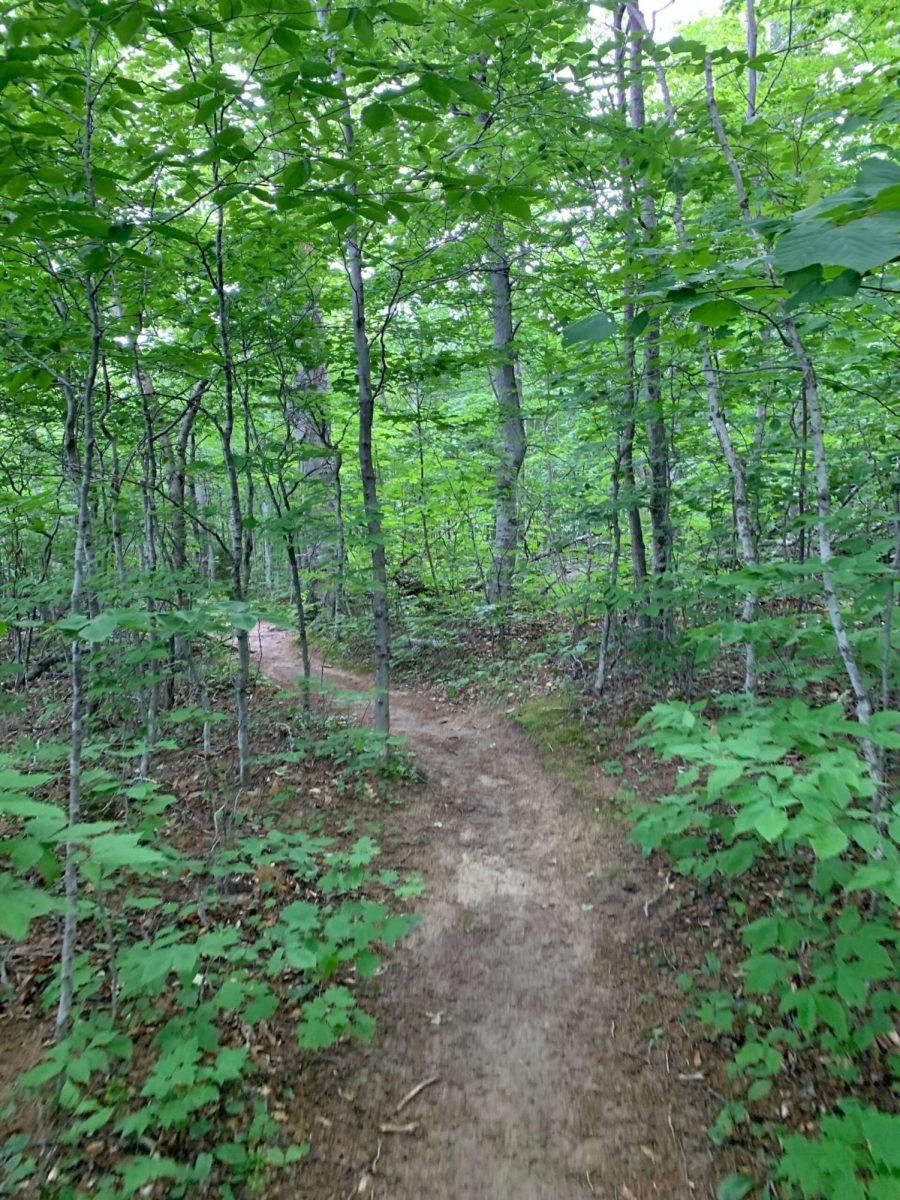The Natural Resources Foundation of Wisconsin’s Diversity in Conservation Internship Program allows students from diverse backgrounds to gain skills and experience in conservation. Last summer, the program offered opportunities to Wisconsin residents and some University of Wisconsin students, like political science student Tina Tran.
This internship’s goal is to protect and spread awareness about state lands, water and wildlife in Wisconsin, while involving diversity of student voices and learning experiences. Students gain technical skills, engage with communities, build professional relationships and support Wisconsin landscapes, according to the internship’s website.
“Going in, I genuinely had no conservation experience,” Tran said. “Learning about the field in general and what it takes to conserve the environment was pretty special.”
During the program, interns are paired with different host organizations in Wisconsin for over 10 weeks starting in June, according to the internship website. Interns work 40 hours per week, while also participating in a weekly seminar designed to encourage collaborations between interns and their host organizations.
Tran’s host organization was Gathering Waters, whose mission is to strengthen land trusts in Wisconsin by supporting them through different promotional events and outreach, according to the website.
Tran facilitated an annual program called Wisconsin Land Trust Days — an outreach event intended to get the public engaged in land trusts in the state.
According to the Land Trust Alliance, there are approximately 41 active land trusts in Wisconsin protecting 796,902 acres of land in the state. Some well-known Wisconsin land trusts are the Ice Age Trail and the Door County Land Trust.
The Ice Age trail is one of the largest land trusts in Wisconsin, made up of 1,200 miles of footpaths stretching across 30 counties, including Dane County, according to the Ice Age Trail website. It’s also partially managed by the National Park Service and the Wisconsin Department of Natural Resources.
The Diversity in Conservation Internship also offers interns opportunities to work at different organizations such as The Lake Michigan Bird Observatory, the International Crane Foundation or the University of Wisconsin–Madison Arboretum.
Introducing and retaining conservation workers is a key aspect of the field of conservation, Tran said. Creating and maintaining loyalty within the workplace creates a strong foundation for opening the field to more diverse communities.
https://badgerherald.com/news/2024/03/05/study-finds-having-purpose-in-life-may-increase-emotional-resilience-longevity/
Conservation has historically been a white-dominated field, so lacking a diverse array of opinions and voices can be intimidating and harmful to interested students, Tran said.
The program is an aid to introducing culturally diverse students to environmental conservation, some who otherwise might not feel comfortable or welcome in the space, Tran said.
“I originally applied for this internship because I really liked the idea of working outside for a little during the summer,” Tran said. “I was also able to experience different aspects of working in conservation, like for me I was mostly involved with the outreach and managing different social medias for my organization.”
Whether students are just entering conservation or have strong ambition to represent themselves in the field, their involvement is hugely important in the evolution of the future of conservation and similar fields, Tran said.
According to the U.S. Census Bureau, Wisconsin and nearby states have largely white populations. Due to this unequal distribution, different groups can be underrepresented in fields like environmental conservation, which is a service made better by diverse viewpoints, Tran said.
Lacking representation in conservation can limit community voices, so the program uplifts diverse students academically and professionally — experiences that will support their emergence into the field and enhance the reach of conservation in Wisconsin communities and beyond, Tran said.
It is important to offer programs like this to college students and prospective conservationists who are entering the workforce because it is difficult to step into a new field when a person is further in their career, Tran said.
Diversity-focused internships like Diversity In Conservation can also help college students settle on their future careers, NRF event and donor relations coordinator Soumika Gaddameedi said.
Gaddameedi participated in the internship during the summer of 2022, right before her senior year of college. Previously, Gaddameedi wanted to go into veterinary school, but shifted her career interest to environmental conservation after this internship program embraced her into the field.
“This [internship] is such a good overview of all the different things within conservation that I could do,” Gaddameedi said.
Being able to create accessibility into the conservation field is a mission of the NRF, which is achieved through the Diversity in Conservation program, Gaddameedi said. The NRF’s diversity, equity and inclusion efforts also include grant making and funding support for communities historically excluded from conservation and the outdoors, according to the NRF’s DEI webpage.
These internships provide great opportunities for people who may not be represented in the field and can change the trajectory of a student’s education and career, Gaddameedi said.


